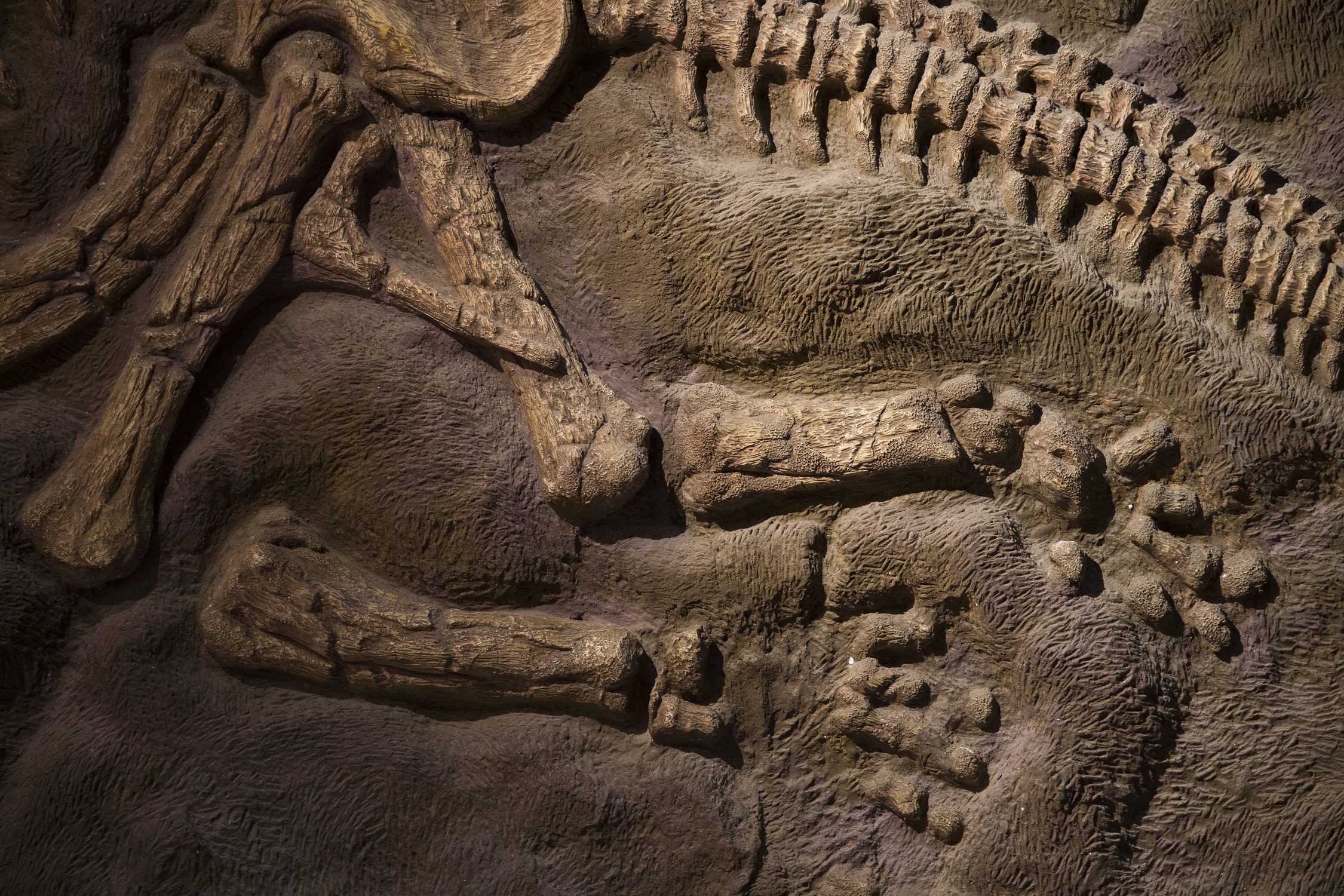Paola Vanina Boarelli is an Argentinian researcher who graduated from the Universidad Juan Agustín Maza, located in the province of Mendoza, Argentina. At this institution, Boarelli specialized in Clinical Biochemistry and Neurology.
Later, the Argentinian researcher completed a PhD in Cell Biology at the Faculty of Pharmacy and Biochemistry of the University of Buenos Aires, also located in Argentina.
Regarding her research topics, Boarelli contributes to various disciplines, such as biological sciences, biological processes, and different variables related to human health.
Specifically, the Argentinian researcher develops contributions related to non-communicable metabolic diseases.
Boarelli and the Universidad Juan Agustín Maza
Boarelli is closely connected to the Universidad Juan Agustín Maza both through her scientific research and her teaching work. She is also the director of the Laboratory of Metabolic Diseases (LEM).
At this institute, the research combines biological sciences, clinical biochemistry, and nutrition to study different topics related to biological processes and the human body.
They also study different variables associated with human health and non-communicable metabolic diseases. Furthermore, the Argentinian researcher is in charge of the human health sciences area within the Science and Technology Department of the university.
The Science and Technology Department aims to provide a space for the development of research, projects, and studies carried out by the university’s teaching staff.
Regarding her academic work, Boarelli is a full professor of Physiology at the Faculty of Kinesiology and Physiotherapy of the university.
Boarelli and her scientific contributions
Among Boarelli’s most important investigations are her studies on blood cells and their link to the early diagnosis of metabolic diseases. She also studies hyperlipidemic diets and their metabolic impact.
Initially, the Argentinian researcher analyzes how blood mononuclear cells could enable the existence of biomarkers that detect changes prior to the development of metabolic diseases.
The goal of the research is to generate appropriate treatments and monitoring, and early detection of different metabolic diseases such as obesity or metabolic syndrome.
Metabolic diseases are those that alter the normal functioning of metabolism and the way food is processed into energy.
Since these diseases are a preventable cause of death and involve different factors, including genetic ones, the research proposes to study these genes and molecules to develop prevention strategies.
Moreover, Boarelli conducts research on metabolic alterations associated with diet and how these impact human health.
Specifically, the study seeks to deepen understanding of the impact of fat-rich diets and their relationship with lipid metabolism, which refers to the levels of lipids, or fats, absorbed from food.
Through this research, Boarelli analyzes metabolic diseases linked to nutrition and aims to generate tools that allow early diagnosis of metabolic alterations.
The importance of metabolism
Numerous disciplines are considered when conducting research focused on metabolism, which refers to the chemical reactions present in cells that transform food into energy.
From health-related sciences to other disciplines that consider social and economic factors influencing food consumption, many research efforts focus on metabolism and the diseases and alterations associated with it.
Metabolic diseases affect human health in that they can cause fatigue, weight loss, and even seizures, among other symptoms.
Early detection of these conditions allows for proper control. Among the research carried out in the country, Boarelli is one of the Argentinian researchers who focuses her studies on metabolic diseases and alterations in lipid metabolism.
Through her research, the Argentinian doctor aims to develop new strategies and tools that will later allow early detection and diagnosis of metabolic diseases.
From the Universidad Juan Agustín Maza and the Laboratory of Metabolic Diseases, along with her team, Boarelli is part of different projects that connect human health with various sciences, such as chemistry, biochemistry, and biological sciences.
Regarding her contributions, the Argentinian researcher stands out for generating knowledge and information in the field of health sciences, specifically human health, and especially those linked to the study of non-communicable metabolic diseases.
Her contributions are an example of how different sciences, such as biochemistry and medical sciences, can be integrated.




